The Coalition of United Political Parties, CUPP, has reacted to President Bola Tinubu’s 2025 budget proposal presented to the National Assembly on Wednesday.
The Coalition described the budget proposal as a stark reminder of the country’s persistent fiscal woes.
President Tinubu Tuesday presented the joint session of lawmakers in the National Assembly with a national budget of N47.96 trillion for 2025.
He said the budget which was put together based on economic realities would trigger the prosperity of Nigerians in 2025 if implemented to the latter, adding that it would restore and consolidate key polices of government.
Tinubu said Nigerians have shown resilience in 2024 economic challenges, hence, he believed that the 2025 budget would leverage that so that the fabric of the nation can be built further in 2025.
However, in a statement signed by High Chief Peter Ameh, the Publicity Secretary of CUPP, said a cursory examination of the line items reveals a familiar pattern which includes, debt servicing continues to take a substantial chunk of the budget, while allocations for critical sectors such as healthcare, education, and infrastructure remain woefully inadequate.
“This phenomenon is not new; rather, it is a recurring tale that has plagued Nigeria’s budgeting process for years,” the statement added.
“The implications of this trend are far-reaching and devastating. As debt servicing continues to drain the country’s resources, poverty levels have skyrocketed, and economic growth has stagnated.
“The human cost of this mismanagement is evident in the lack of access to basic necessities such as healthcare, education, and clean water.
“The failure to address these pressing needs has led to widespread disillusionment and frustration among Nigerians.
“The President’s budget proposal for 2025 presents an opportunity for a paradigm shift. By prioritizing investments in critical sectors, the government can create jobs, stimulate economic growth, and reduce poverty. However, this requires a fundamental transformation of the budgeting process, one that prioritizes transparency, accountability, and stakeholder engagement.
“To break the cycle of annual rituals, the government must adopt a more proactive and responsive approach to budgeting. This includes involving civil society, the private sector, and citizens in the budgeting process to ensure that allocations reflect the country’s pressing needs.
“Performance-based budgeting, where funds are allocated based on performance indicators and project outcomes, can also help to ensure that resources are utilized efficiently.
“Furthermore, the government must address the issue of debt servicing, which continues to drain the country’s resources. Debt restructuring, revenue enhancement, and budget realignment are potential strategies that can help to alleviate this burden.
“The 2025 budget proposal presents a critical juncture for Nigeria. Will the government continue down the path of debt servicing and neglect, or will it seize the opportunity to transform the budgeting process and prioritize the needs of its citizens?
“The choice is clear, and the consequences of inaction will be dire. It is time for a new approach, one that prioritizes transparency, accountability, and the well-being of all Nigerians.”
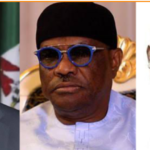

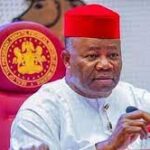

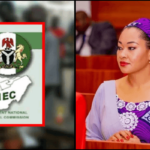
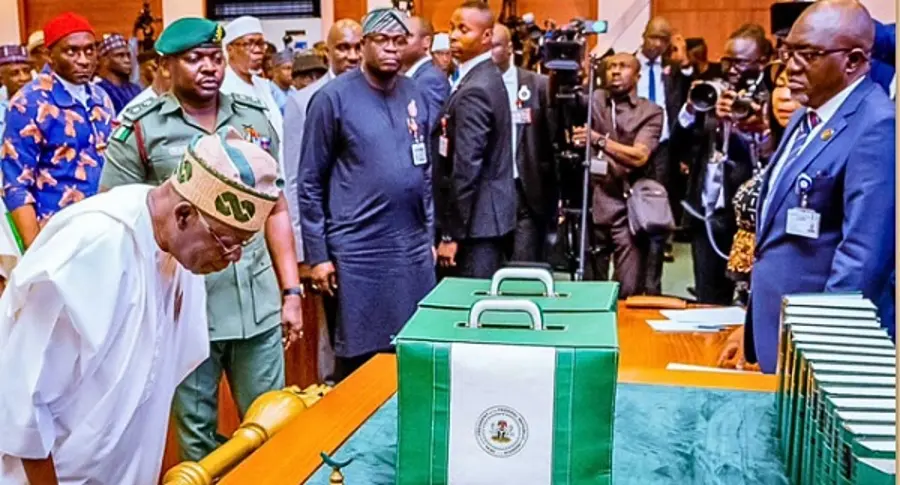
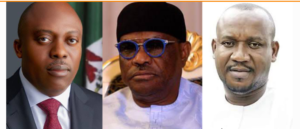

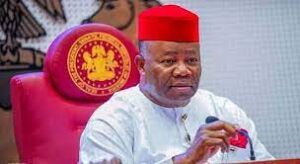
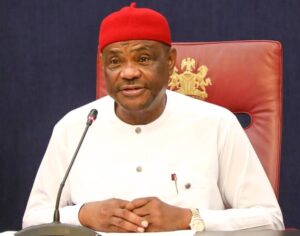
More Stories
Odinkalu alleges judicial malpractice as Wike, Appeal Court President Mensem seen together at IBB Gold Club
Abure loses out as Supreme Court nullifies his recognition as Labour Party National Chairman
Akpabio secures court order banning Natasha from talking about sexual harassment allegation